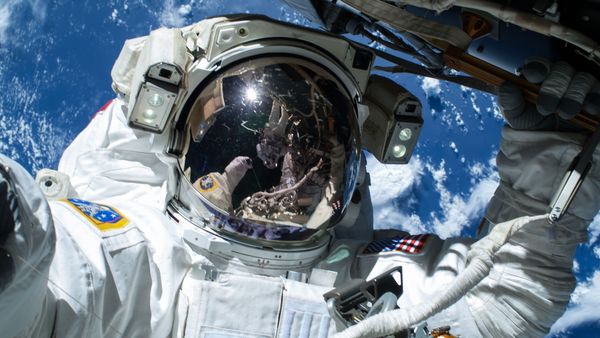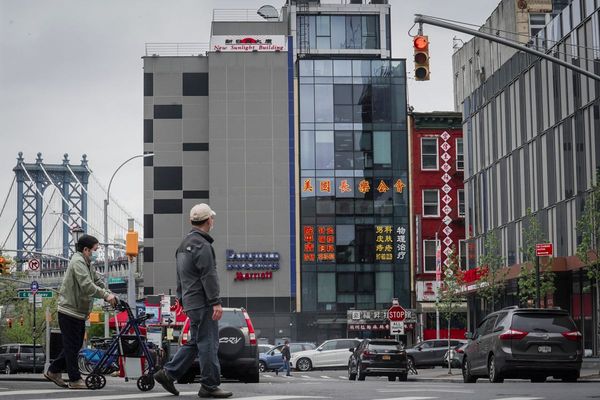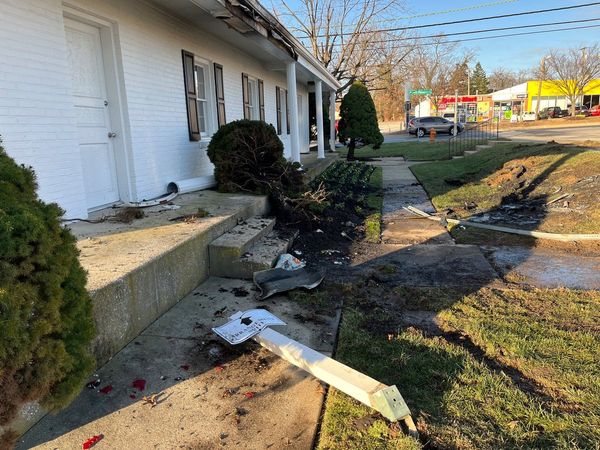
The annual National People’s Congress (NCP) of China’s ruling Communist Party (CCP) and its dual track advisory body the Chinese People’s Political Consultative Conference (CPPCC) concluded on Monday, handing the nation’s supreme leader Xi Jinping an unprecedented third term as president.
But this news, flagged five years ago in any case, was the least of it. Xi’s real power stems from his roles as secretary-general of the CCP, and as chairman of the Chinese Military Commission that controls the People’s Liberation Army. He was given both roles for unprecedented third terms at October’s quinquennial party congress.
As Xi has concentrated power in his own hands and his now dominant faction inside the CCP, his influence reverberated across this year’s meeting, highlighted by the cadres who dominated a near-clean sweep of new cabinet ministers and other senior government roles. This changing of the guard is also determined every five years, five months after the 25 new party Politburo leaders installed in last October have had time to find their feet.
Personnel
As the party has its Politburo and its elite seven-person standing committee, the NPC has the State Council. These positions were dominated unsurprisingly with Xi loyalists, an installation of party cronies with less direct economic experience not seen for decades. This is led by an executive committee of 10 officials headed by new Premier Li Qiang, replacing the retiring Li Keqiang.
His new Executive Vice Premier Ding Xuexiang has been Xi’s “de facto chief of staff”, and critics argue that he brings little independent power or experience to the job, having never governed a province, the usual prerequisite to the job.
The State Council manages China’s 31 provinces and municipalities as well as 26 constituent ministries. The Politburo and its standing committee are ultimately the final arbiters of policy but the State Council is in charge of implementation of policy, especially in economic matters. The installation of loyalists, many with more limited experience than in the past, has brought China’s government and party apparatus closer together.
To underscore the increased political focus of the State Council, the official readout from its first meeting yesterday said: “The meeting stressed that the State Council is first and foremost a political organ and must ‘speak politics’.”
The budget
China has set itself a growth target of 5% of GDP, higher than last year’s but still modest in the face of its years of double-digit growth. China’s economy has been hit hard by COVID lockdowns and its sudden and surprise opening-up in November, and having a devastating death toll appears to have kickstarted its economy and released pent-up demand. Frankly, given the economic malaise in the West, the world needs the Chinese economy to lift.
Defence
The rest of the world has rightly focused on the inflation-plus increase in defence spending of 7.25% as China continues to ramp up and modernise its military, including building a stockpile of nuclear weapons. Alongside this it has boosted its diplomatic budget, and outreach will be boosted by 12.2%. Qin Gang, Beijing’s new foreign affairs minister, said: “China’s diplomacy has pressed the ‘accelerator button’.”
Xi called for China’s military to become a “Great wall of steel”, saying, “Security is the foundation for development, stability is the prerequisite for prosperity” in his closing speech of the NPC.
Xi also made unusually direct and aggressive comments about the US: “Western countries led by the United States have contained and suppressed us in an all-round way, which has brought unprecedented severe challenges to our development.”
Taiwan
Also in his closing speech Xi reaffirmed the hard line on Taiwan and ramping up aggressive rhetoric against the US — a big deal at this peak event. He stressed the need for “national reunification” and highlighted Taiwan’s relationship with China as a focus of the latest new political five-year term.
“We should actively oppose the external forces and secessionist activities of Taiwan independence,” he said. “We should unswervingly advance the cause of national rejuvenation and reunification.” He has also stressed the need to “promote peaceful development of cross-strait relations” but has previously not ruled out the use of force.
Technology
China’s other battle with the US, one that is under way rather than still in the musings of defence analysts and Western media hawks (including the Nine newspapers), is over technology. The US is attempting to restrict the supply of computer chips to China — and roped in key allies such as Japan and the Netherlands convinced it does not have the technology capabilities to keep up without these supplies.
A new powerful data ministry has been created alongside a revamp of its science and technology ministry and increased budgets aimed at computer chips and artificial intelligence in particular.
Failure is not an option
The two sessions were certainly a demonstration of Xi’s full control of China’s party-state. But this ironically may be his biggest weakness as he and his team have to deliver on their promises. Otherwise the various factions inside the CCP, pushed aside for now, will have the ammunition to regather.
After all, this is the nature of political parties, especially in one-party states and such a problem became such a reality for Mao Zedong that he instigated the Cultural Revolution to deal with his internal enemies. And that did not end well.







